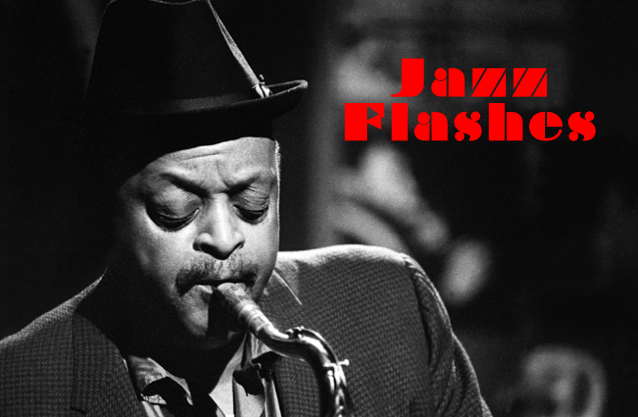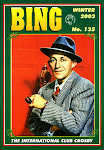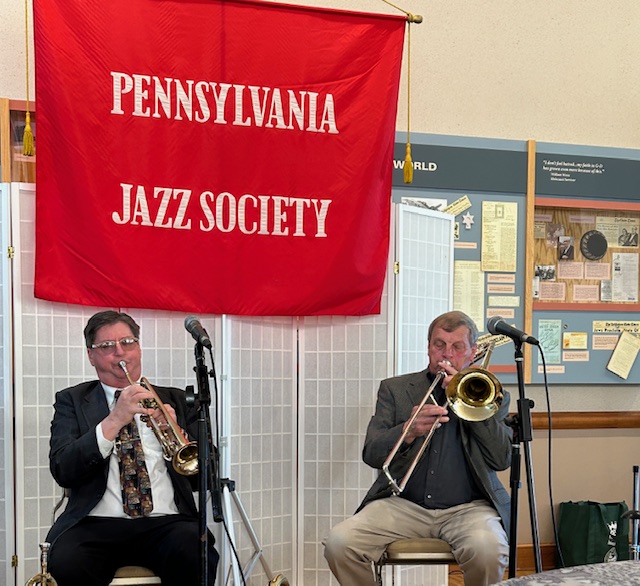"Pinky who?" would probably be the first question that comes to mind when one hears the name of Pinky Tomlin, which is usually not spoken in the same breath with those of Cole Porter, George Gershwin, and Irving Berlin. And yet, Pinky Tomlin collaborated in the creation of one of the most popular songs of the 1930s, "The Object of My Affection," which he recorded himself for Brunswick in 1934 with the Jimmie Grier orchestra, Grier being a cowriter of the tune along with Coy Poe. The recording was so sucessful that the Boswell Sisters, Glen Gray, and Jan Garber did not waste much time in covering it, and over the years it would be cut by artists as different as Bert Ambrose, Dean Martin, and Faron Young. Although he wrote a few other interesting songs, Tomlin was never able to recapture the success of "The Object of My Affection," which stands as his greatest contribution to American popular music.
Born Truman Tomlin in Arkansas in 1907, he grew up mostly in Oklahoma, and according to Don Tyler in his book Hit Songs 1900-1955: American Popular Music of the Pre-Rock Era, he "got the nickname 'Pinky' because of his pale hair and [because] he sunburned easily because of his fair complexion" (482). As a kid, Tomlin learned to play guitar and banjo and was so proficient on the latter that in his teens he got to play with none other than Louis Armstrong in a riverboat band. It was while attending the University of Oklahoma that he wrote "The Object of My Affection," apparently dedicated to his soon-to-be wife Joanne. Tomlin was rather active musically while in college, which led to his being discovered by Jimmie Grier, who at that time held an engagement at the prestigious Cocoanut Grove in Los Angeles but was also touring around the country. Grier was so impressed by Tomlin's songwriting that he encouraged him to travel west and record some of his songs with his band. The standout of these sessions was, of course, "The Object of My Affection," featuring a vocal refrain by Pinky himself. In their book Sentimental Journey: Intimate Portraits of America's Great Popular Songs, Marvin Paymer and Don Post accurately describe "Object" as a "happy-go-lucky tune that lends itself well to 'rippling rhythm'" (279), an allusion the staccato style popularized by bandleaders such as Hal Kemp and Shep Fields. The authors go on to analyze the technical reasons that possibly contributed to the widespread popularity of the tune:
Few songs have as many repeated notes as this one, which is also remarkable for its many eighth-note triplets and dotted quarters and eighths. A climax of sorts is reached at the end of the release, with the repeated triplets on the note b-flat at the words: "go where she wants to go, do what she wants to do." (280)
Whatever the strictly musical reasons may be, the truth is the witty yet simple lyrics must also have helped make the song successful because they blend perfectly well with that happy-go-lucky melody: "The object of my affection / Can change my complexion / From white to rosy-red / Oh, any time she holds my hand / And tells me that she's mine." The popularity of the song (of which bawdy versions with unprintable lyrics not written by its author actually exist) opened the doors of Hollywood to Tomlin, who would star in four low-budget musicals that did not really get anywhere, although in some scenes his southern charm shows through in his vocals, even if the songs are nothing special. Here is an example of Tomlin on the big screen, singing "Old-Fashioned Melody" and looking somewhat like Kay Kyser:
 |
| Bandleader Jimmie Grier |
 |
| Bing Crosby and Pinky Tomlin |
 |
| The Boswell Sisters were among the first to cover "The Object of My Affection" |





























No comments:
Post a Comment